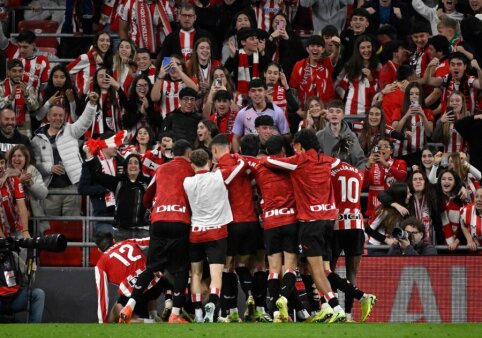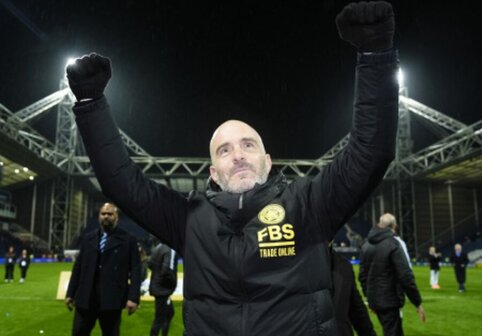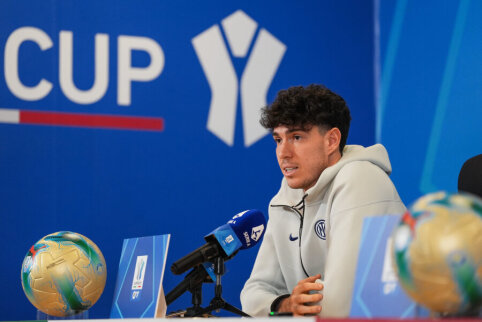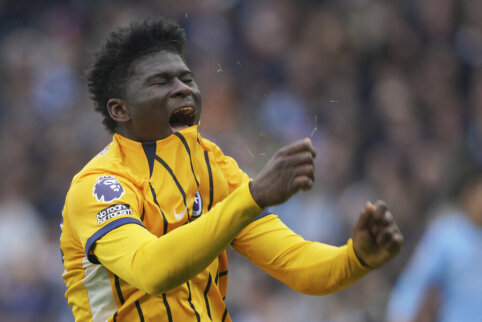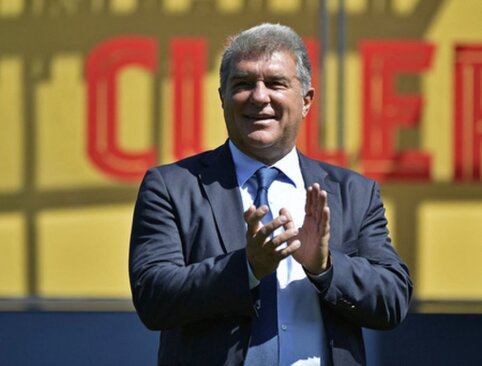 © EuroFootball.com
© EuroFootball.com
Three days ago, the head coach of a club that had dropped to a lower league in the English Premier League, Neil Warnock, left his position.
At a conference held at Bramall Lane, club president Kevin McCabe stated that 58-year-old N. Warnock, who had been in charge of Sheffield United for eight years, left the team by mutual agreement.
The Sheffield-born coach had been leading the United club since 1999 and helped them reach the Premier League last year. However, this season, despite fairly stable performance, Sheffield United lost 2-1 in the final match due to a worse ratio of missed and scored goals and had to return to the Championship division.
"It's a sad case, but I'm mostly sorry for the failures in the past week," Warnock told journalists. "It's the right thing for Sheffield United, even if we hadn't lost on Sunday, I would still have left the club. Another person will be happy to lead this team. Sheffield United provides confidence that they will return to the Premier League."
Sheffield United president K. McCabe will try to take legal action against the Premier League, as the London club, which also escaped relegation on the last day, was fined £5.5 million rather than deducted points for breaking the rules in acquiring Argentinian national team stars Carlos Tevez and Javier Mascherano.
Warnock's resignation from coaching duties continues the trend of changes among strategists after the end of the English championship. On Monday, just a day after the club secured a place in the Premier League, Paul Jewell left Wigan, citing a desire to take a break from professional football. His place was taken by longtime assistant Chris Hutchings.
On the same day, another former English national team player, Stuart Pearce, was left jobless after his duties were relinquished by the club, while Sam Allardyce, who left Bolton eleven games before the end of the season, officially became the head coach of Newcastle on Tuesday.



